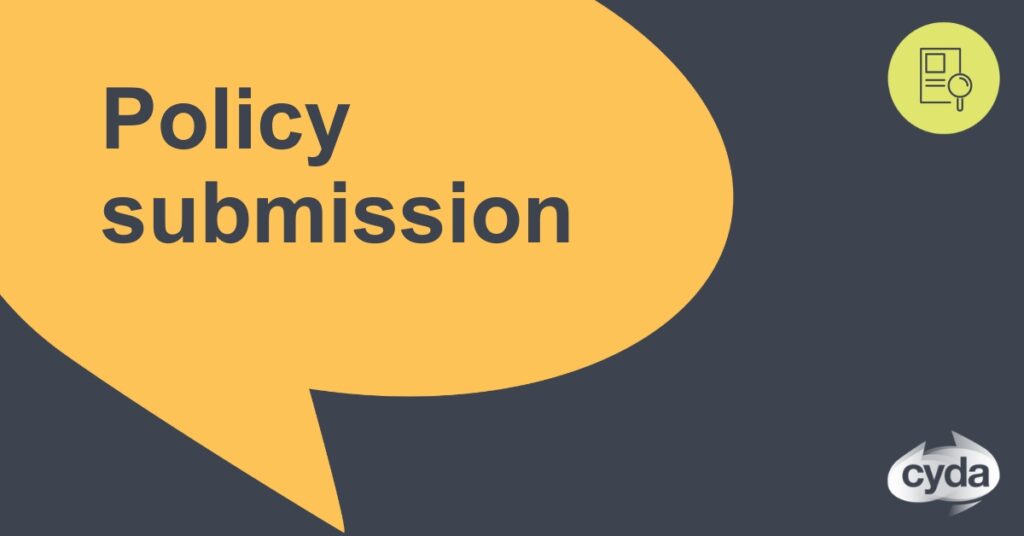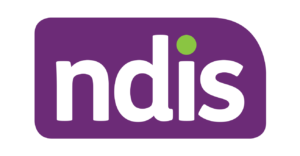The experiences of children and young people must be captured in data and accounted for in public policy. Too often children and young people with disability’s specific needs and strengths are absent from both children/youth-specific and disability-specific policies.
The early years of a child’s development can impact their entire lives. Accessible and inclusive early childhood experiences – play, learning, care, education, and development – are one of the surest and most sustainable pathways to an inclusive life and all the benefits that brings to the child, their family, peers, and their community.
The people, places and systems that relate to early childhood including— maternity hospitals, playgroups, early childhood education and care settings, child health, family support, the NDIS early childhood approach, housing, social services and child protection – are somewhat disconnected.
These systems span federal and state/territory governments, and separate ministries and departments within governments. This complexity is confusing for families and caregivers to navigate and children risk falling between the gaps of a fragmented system
Download our full submission using the buttons above.







